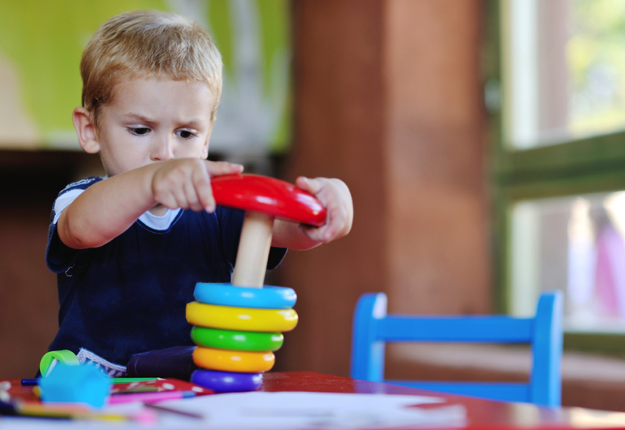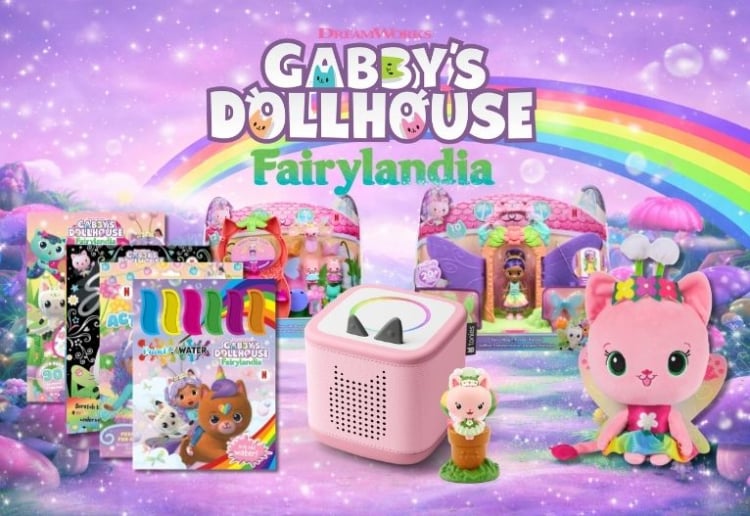“That’s mine!” “I want that!” Or maybe no words at all… a snatch, a shove, a push or a scream…tears and tantrums! As parents we want our children to share and be considerate of others.
What does this look like?
When an argument ensues, we take the toy from our child and give it to the other child saying “Johnny, you need to share!”
What does this teach our child?
It teaches them that “sharing” is giving away the toy I was playing with and this may mean there is no sign of its return to me… no wonder the result is often tears or screams of protest.
Instead of teaching our children to “share” we can teach them to “take turns” and to “wait”
At home, introduce the words “take turns” and “wait” with toys and books. You don’t even need to involve another child, yet…
- Car play – Give each car a turn to drive along a circuit. “Blue car is going first while orange car waits for a turn.” Drive the blue car around the circuit. “Now orange car is having a turn and the blue car will wait”. Drive the orange car around the circuit.
- Doll play (or other stuffed toys) – Give each doll a turn at having a cuddle, feed each doll in turn, give each doll a ride in a stroller.
- Books –“Johnny’s turn to choose a book. Mummy is going to wait for a turn after we finish reading this book.” Read the book. “Mummy’s turn to choose a book. Johnny can listen and when it is finished you can have a turn to choose the next book.” Read the book.
Counting out loud can give a clear beginning and end to a “turn”.
- On the swing – “Johnny will have 10 pushes and then it is Sally’s turn.” Push Johnny and count. “Great waiting Sally, now it is your turn. Sally will have 10 pushes and then it is Johnny’s turn.” Push Sally and count.
- On the backyard trampoline – “Sally will have 10 jumps and then it is Johnny’s turn”. Sally jumps and counts. “Great waiting Johnny, now it is your turn. Johnny will have 10 jumps and then it is Sally’s turn.” Johnny jumps and counts.
- When cooking – “Johnny will stir the mixture 5 times and then it is Sally’s turn.” Johnny stirs and counts. “Great waiting Sally, now it is your turn. Sally will stir the mixture 5 times and then it is Johnny’s turn”. Sally stirs and counts.
These strategies can be applied to many different situations. Once you show them to your child, they will be able to use these words and the concepts of “turn taking” and “waiting”. Teaching your child these strategies can help your child to understand the expectations of “sharing”. It teaches them how to “share” and negotiate with other children. It takes time and repetition, but it does happen.
Do your kids have trouble “sharing”? Have you shown them how to take turns and wait?






















1:28 pm
11:16 pm
10:00 pm
10:00 pm
10:42 am
10:25 am
9:42 am
1:48 pm
9:44 am
-

-
-
Ellen replied
- 14 Sep 2020 , 4:32 am

Reply9:12 am
8:23 pm
12:48 pm
12:42 pm
11:22 am
9:34 pm
-

-
-
Ellen replied
- 12 Sep 2020 , 5:02 am

Reply7:45 am
-

-
-
Ellen replied
- 12 Sep 2020 , 5:01 am

Reply11:54 pm
8:57 pm
6:45 pm
6:36 pm
- 1
- 2
- …
- 6
- »
Post a commentTo post a review/comment please join us or login so we can allocate your points.